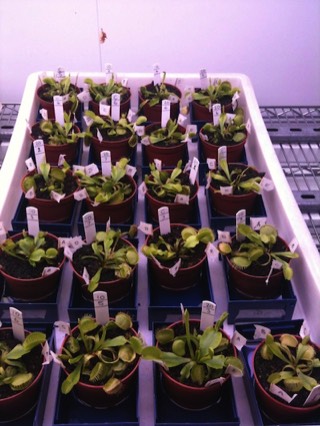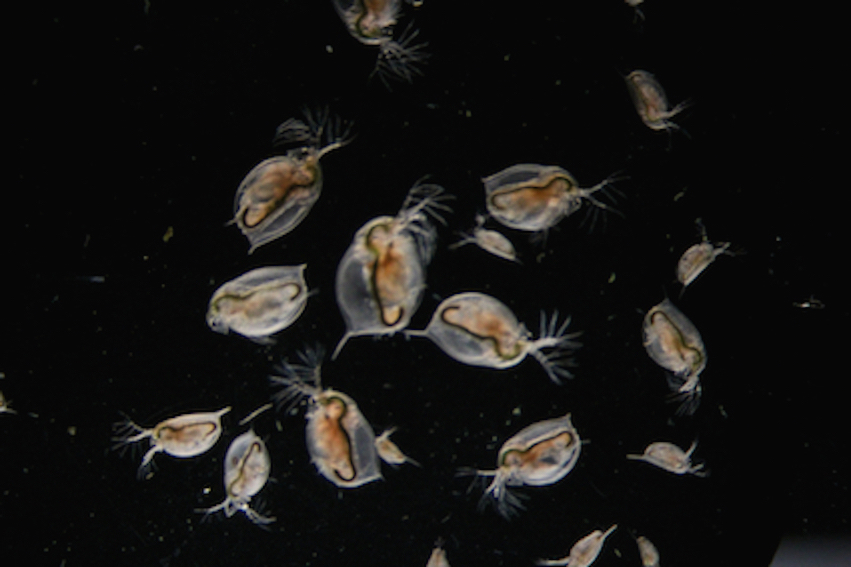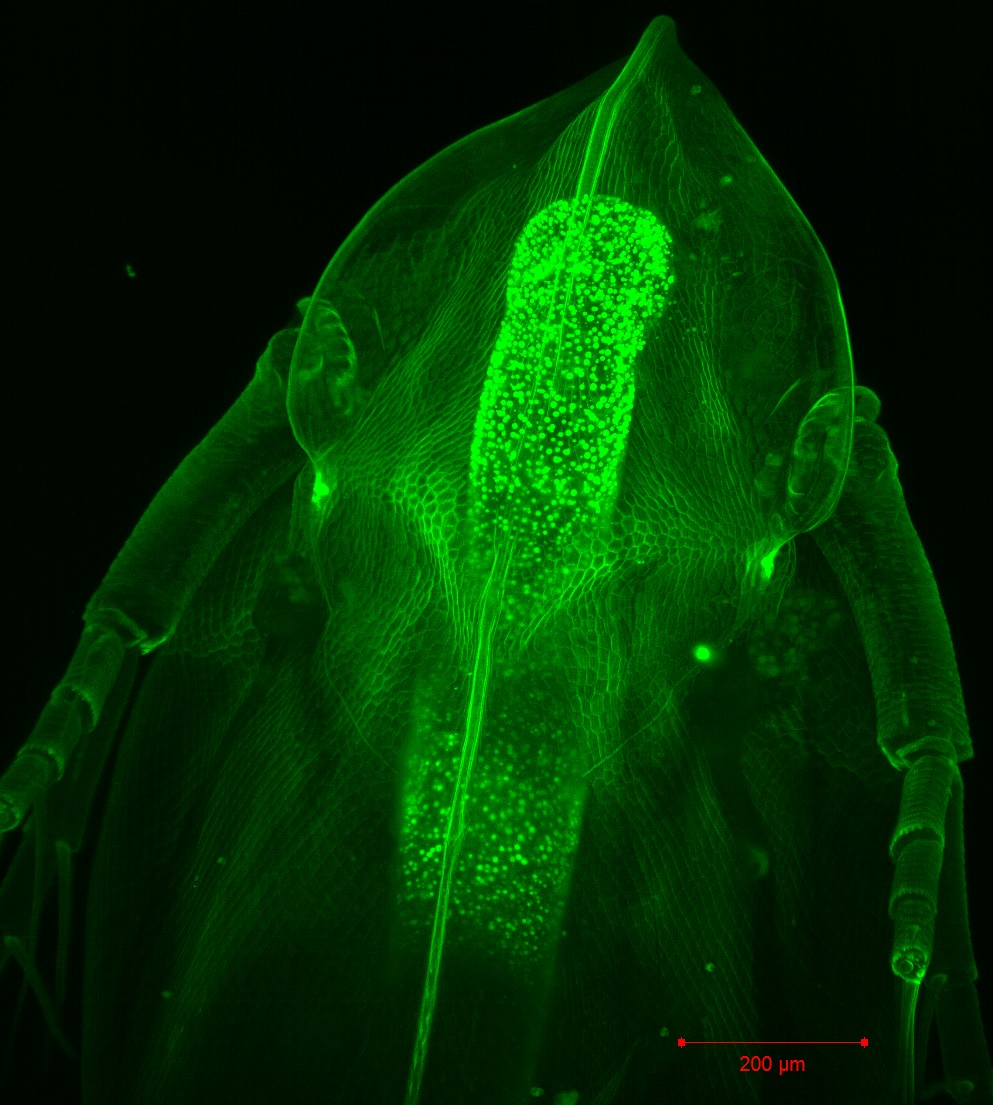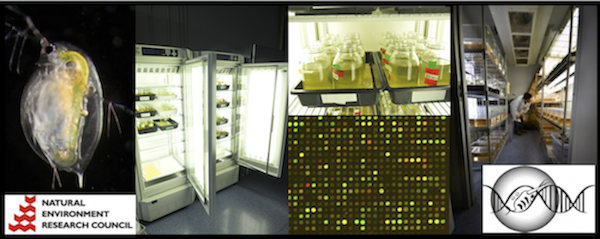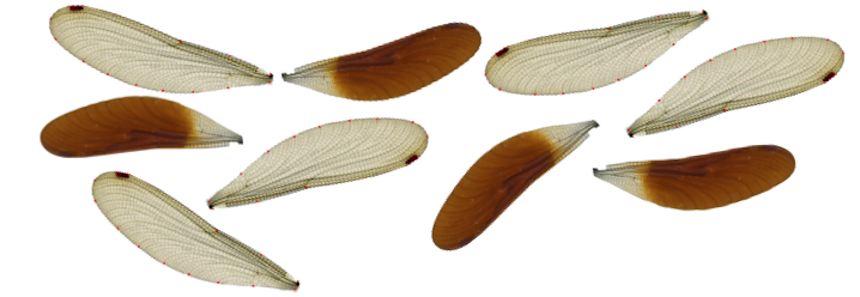of the Dionea, which I look on as the most wonderful plants in the world
Charles Darwin
Developmental plasticity in Dionea muscipula
It’s hard not to be fascinated by Dionea muscipula, the plant that breaks all the rules by cons, the plant that breaks all the rules by consuming prey and moving rapidly. Dionea is a monotypic genus whose snap-traps have evolved from the more fly-paper like traps of such as sundews. Like all carnivorous plants, the insect prey provides a source of essential nutrients not found in the nitrogen and phosphorus deprived bogs in which Dionea has evolved.
Although everybody has heard of Venus fly-traps, and there are estimated to be 3-6 million plants in cultivation, there are probably now less than 40,000 plants left in the wild, distributed within a 60-mile radius of Wilmington, North Carolina and are threatened by poaching, development and habitat loss.
The plants themselves have a modular structure made up only of leaves that are divided into a photosynthetic petiole as well as traps that all grow from a rhizome just under the soil. The structure and allometry of leaves can vary dramatically, even within the same plant or collection of plants.
So, often with undergraduates, we are using varieties of Dionea muscipula as a model system for investigating developmental plasticity in leaf development in response to a range of environmental factors.
Although everybody has heard of Venus fly-traps, and there are estimated to be 3-6 million plants in cultivation, there are probably now less than 40,000 plants left in the wild, distributed within a 60-mile radius of Wilmington, North Carolina and are threatened by poaching, development and habitat loss.
The plants themselves have a modular structure made up only of leaves that are divided into a photosynthetic petiole as well as traps that all grow from a rhizome just under the soil. The structure and allometry of leaves can vary dramatically, even within the same plant or collection of plants.
So, often with undergraduates, we are using varieties of Dionea muscipula as a model system for investigating developmental plasticity in leaf development in response to a range of environmental factors.
